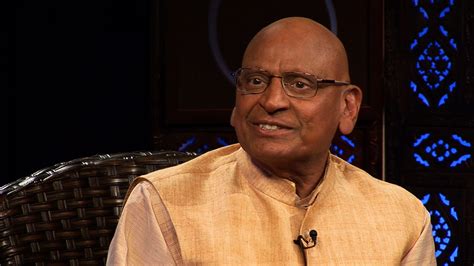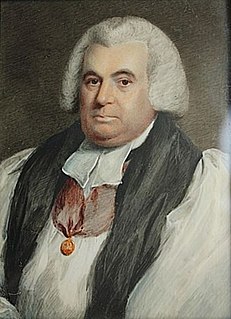A Quote by Nicholas Murray Butler
This desire of knowledge and the wonder which it hopes to satisfy are the driving power behind all the changes that we, with careless, question-begging inference, call progress.
Related Quotes
Without the power of intelligence there is no capacity for spiritual knowledge; and without spiritual knowledge we cannot have the faith from which springs that hope whereby we grasp things of the future as though they were present. Without the power of desire there is no longing, and so no love, which is the issue of longing; for the property of desire is to love something. And without the incensive power, intensifying the desire for union with what is loved, there can be no peace, for peace is truly the complete and undisturbed possession of what is desired.
Wonder [admiratio astonishment, marvel] is a kind of desire for knowledge. The situation arises when one sees an effect and does not know its cause, or when the cause of the particular effect is one that exceeds his power of understanding. Hence, wonder is a cause of pleasure insofar as there is annexed the hope of attaining understanding of that which one wants to know. ... For desire is especially aroused by the awareness of ignorance, and consequently a man takes the greatest pleasure in those things which he discovers for himself or learns from the ground up.
In contrast to the knowledge that keeps man in a passive quietude, Desire dis-quiets him and moves him to action. Born of Desire, action tends to satisfy it, and can do so only by the 'negation,' the destruction or at least the transformation, of the desired object: to satisfy hunger, for example, the food must be destroyed or, in any case, transformed. Thus all action is 'negating'.
We have heard of a Society for the Diffusion of Useful Knowledge. It is said that knowledge is power, and the like. Methinks there is equal need of a Society for the Diffusion of Useful Ignorance, what we will call Beautiful Knowledge, a knowledge useful in a higher sense: for what is most of our boasted so-called knowledge but a conceit that we know something, which robs us of the advantage of our actual ignorance? What we call knowledge is often our positive ignorance; ignorance our negative knowledge.
Economic progress means the discovery and application of better ways of doing things to satisfy our wants. The piping of water to a household that previously dragged it from a well, the growing of two blades of grass where one grew before, the development of a power loom that enables one man to weave ten times as much as he could before, the use of steam power and electric power instead of horse or human power - all these things clearly represent economic progress.
So that in the first place, I put for a general inclination of all mankind a perpetual and restless desire of Power after power, that ceaseth only in Death. And the cause of this is not always that a man hopes for a more intensive delight than he has already attained to, or that he cannot be content with a moderate power: but because he cannot assure the power and means to live well, which he hath present, without the acquisition of more.







































